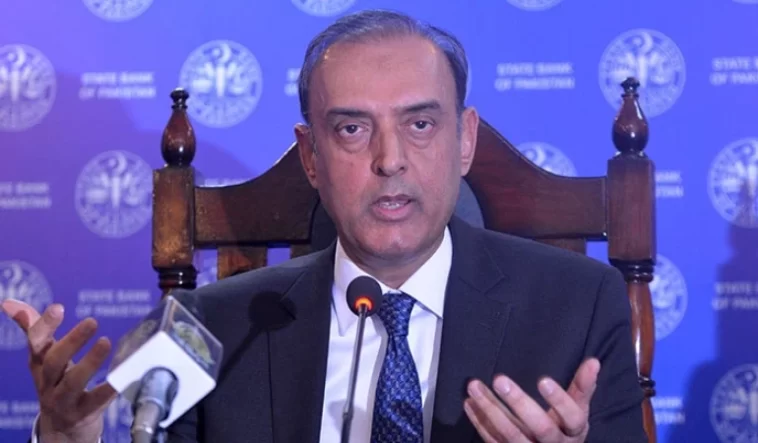The SBP possessed $3.1 billion in foreign exchange reserves for Pakistan, which increased by $276 million up till February 10, 2023.
This was mostly due to increased market liquidity that resulted from reducing discrepancies between interbank and open markets and allowing exchange rate changes.
Pakistan will need to obtain at least $17–18 billion in four and a half months in order to comply with the IMF’s recommendations to increase foreign exchange reserves to $12 billion until the end of June 2023. It included the need for $5 billion in repayment of external debt, $3–4 billion in financing for the current account deficit (CAD), and $8–9 billion for increasing foreign exchange reserves through June 30, 2023.
If the IMF grants Pakistan’s requests, it will need dollar inflows of $11–12 billion to cover foreign debt servicing costs, finance CAD, and increase foreign exchange reserves to $6–7 billion by the end of June 2023.
Additionally, the IMF has requested that the SBP increase the policy rate by 300 to 400 basis points in order to change the trajectory of interest rates from negative to positive. However, SBP officials made it clear that the independent Monetary Policy Committee (MPC) was created in accordance with the SBP Amendment Act and that it has the authority to make decisions while taking into account macroeconomic factors.
The News was informed on Friday by a senior finance ministry official that the Pakistani side was asking the IMF review mission to reach an agreement on the staff level agreement (SLA) the following week before the IMF’s executive board meeting, which is anticipated to take place in four to six weeks.
The Pakistani government is still trying to get a staff-level agreement by next week, but there is still a disagreement on projections for external financing.
One top official acknowledged that by raising power and gas prices and imposing Rs170 billion in taxes through a mini-budget, Pakistan made difficult and audacious decisions. When the exchange rate was became market-based, the cost of POLs (petrol, oil, and lubricants) increased.
In order to complete the 7th and 8th reviews under the $6.5 billion EFF agreement, the parties intended to touch the gross foreign exchange reserves position up to $16.2 billion until the end of June 2023. The IMF insists on getting confirmation from all available sources, despite the Pakistani side’s current request for a 50% drop in the aim for programme conclusion.
Ishaq Dar, the finance minister, has been frantically contacting commercial banks, multilateral creditors, and bilateral creditors while in Dubai to secure the necessary dollar infusions assistance to win the IMF’s blessing for the restart of the delayed programme.


